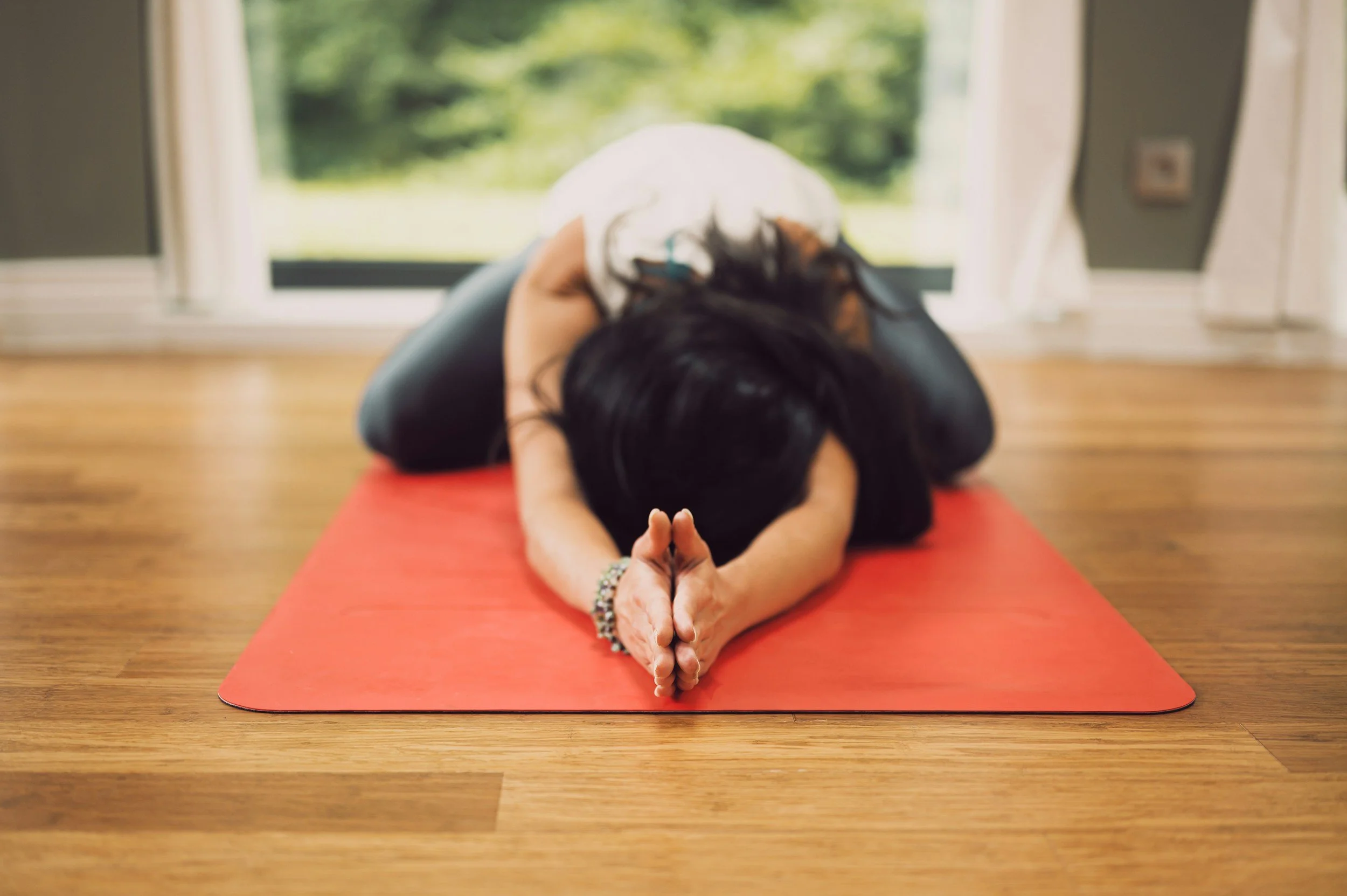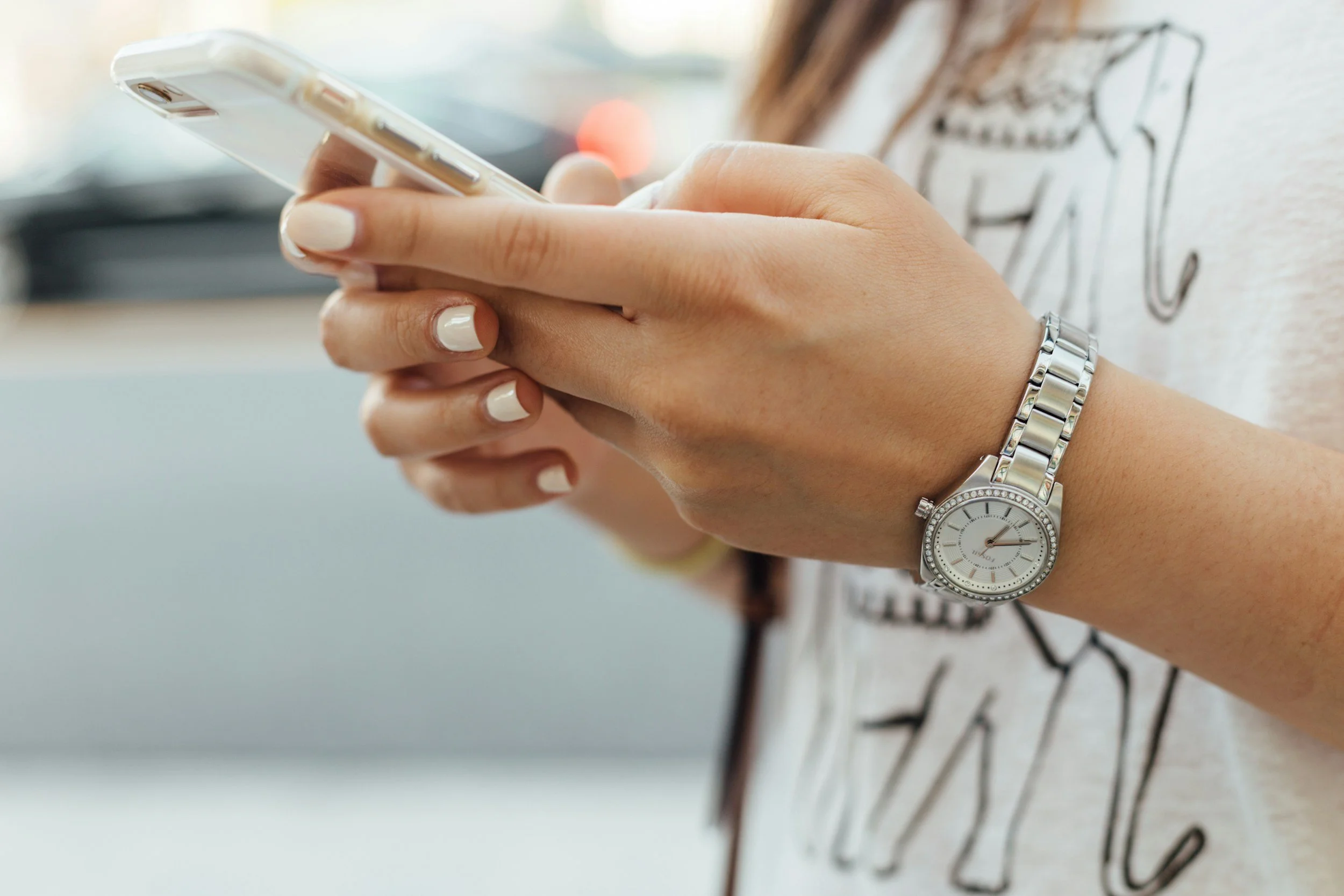Scrolling Smarter: Seven Tips for More Mindful Screen Time
Scrolling Smarter: Seven Tips for More Mindful Screen Time
Written by Lily Thrope
In today’s fast-paced world, escaping screens feels nearly impossible. Whether you are using them for work, school, or fun, screens consume much of our daily lives. While technology brings many benefits, it can also be overstimulating, draining, and cause disconnection from others. Striking a balance is crucial for mental health and overall well-being.
If you’re ready to reclaim your time and energy, here are seven practical tips for more mindful screen use:
Be Purposeful.
Take a moment to consider whether you really need to pick up your phone or open your laptop at this moment. You're using the device, but why? Establish a clear objective, be mindful– is it for work, school or fun? If it's Candy Crush or Instagram, be mindful of how much time you spend on the app and create a limit for yourself.
Create Tech-Free Spaces.
Establish screen-free zones in your home or workspace. For instance, avoid using devices while you are in bed or while having meals. This will ultimately encourage better lifestyle habits.
Use the 20-20-20 Rule.
Staring at screens for long periods of time causes eye-strain – many of us have felt it before. One helpful hint is to follow the 20-20-20 rule: every 20 minutes, draw your attention toward something 20 feet away for 20 seconds. Additionally, blue-light-filtering glasses can further reduce digital eye strain and protect your vision.
Schedule Screen-Free Time.
Set aside specific times of the day to unplug. Take advantage of these times to do offline pursuits like cooking, reading, exercise, or spending time with close friends and family. Oftentimes when we put aside our devices, we realize we have more time for unplugged activities.
Track Your Screen Time.
Many devices and apps can track your daily usage. This data can be eye-opening, revealing how much time is spent on different activities (hello, TikTok and Instagram!). Use this information to identify areas where you can cut back and replace excess screen time with more fulfilling alternatives.
Turn Off Notifications.
Reduce interruptions by enabling “Do Not Disturb” or turning off non-essential notifications. Fewer pings and vibrations mean fewer distractions, helping you stay present and focused on what matters most.
Ditch the Screens Before Bed.
Try to avoid using screens at least 30 minutes before bedtime. Using screens emits a blue light that can be disruptive to sleep schedules. Instead of using your phone, try reading a book or journaling.
Excessive screen use has been linked to heightened anxiety, depression, and a diminished sense of well-being. By being mindful of your habits, you can reclaim your time and energy, fostering better mental health and deeper connections in the process. If you find that your screen consumption is truly disrupting your life, consider speaking to a mental health professional. At Thrope Therapy, we offer in-person and virtual sessions designed to meet you where you are. Schedule your free 15 minute consultation today.




